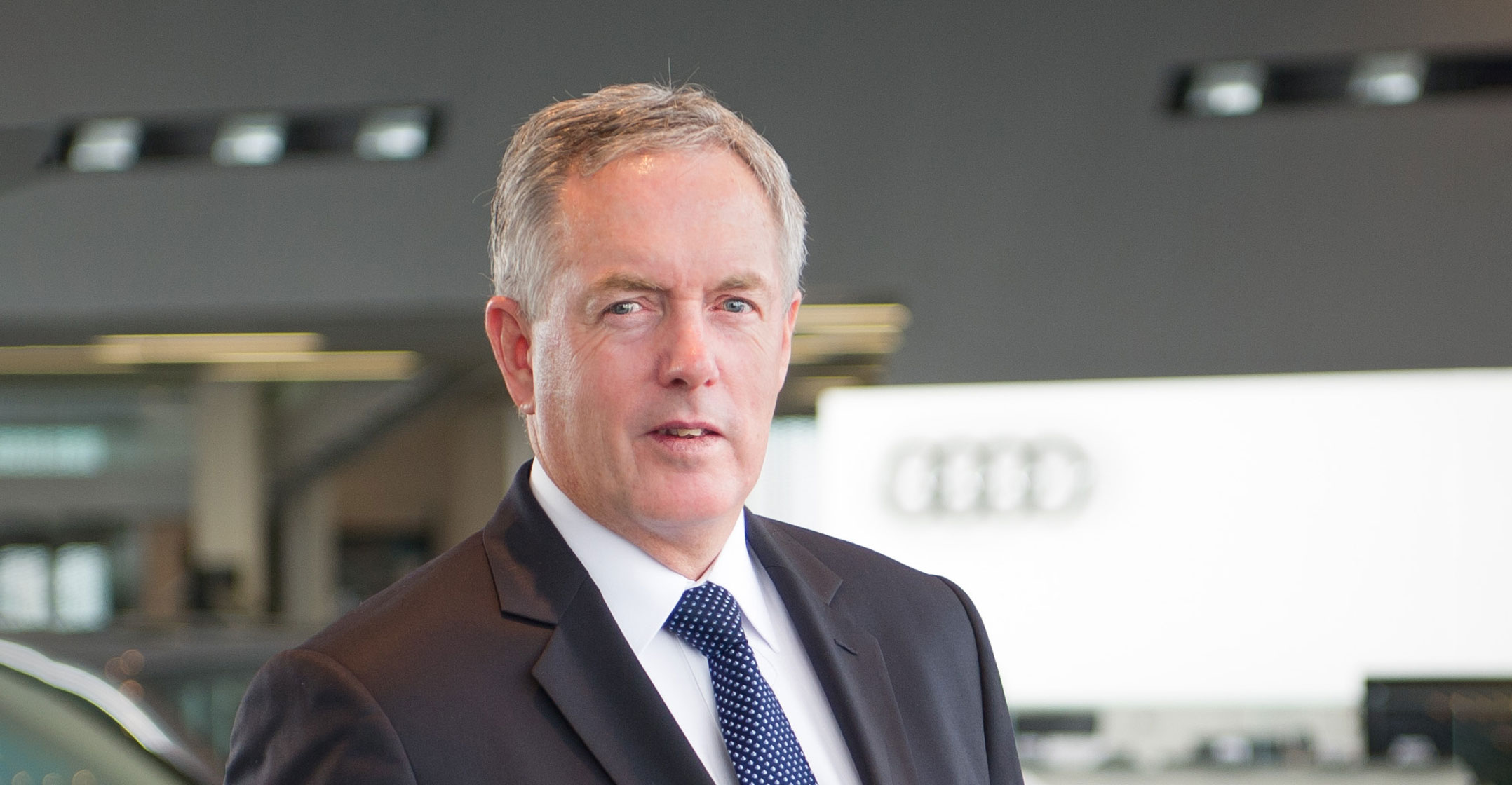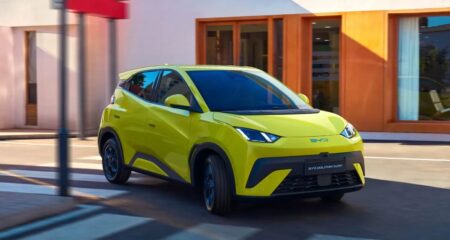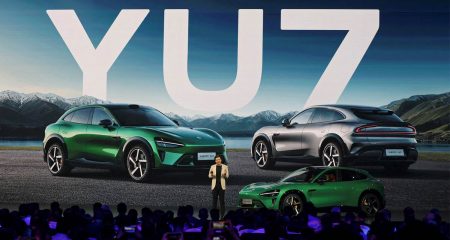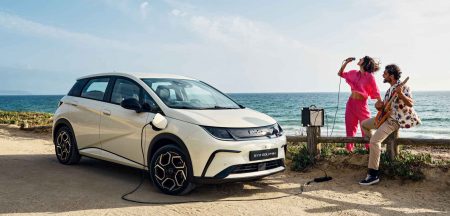
In 2016, the National Energy Development Institute’s cleaner mobility programme reported that electric vehicles in South Africa amount to a mere 500 of the roughly seven million cars on our roads. These are bleak numbers, but the harsh reality is that just over half a year later, we still have not finalised a structured approach to the future of mobility (including a policy framework for electrification) in this country, so it remains unlikely that this will change.
We know — and truly appreciate — that this cannot happen overnight, but this is by no means a proxy for not happening at all.
Key to this is a programme that balances the very real fiscal needs of most South Africans today, with a policy framework that truly unlocks the value of a long-term mobility plan for a more mobile population, a more competitive and growing economy, and a more responsible footprint in how to move people and services around.
It is this focus on a shared value model that will bring together the automotive industry, big businesses and government to enable a programme that will without a doubt make South Africa a more competitive and attractive investment destination. It is just that. Innovation today is shared value tomorrow. With buy-in from both the private and public sector, we could see positive results, fast.
Innovation in technology and business models as well as climate change, have pushed vehicle manufacturing companies to electric vehicles (EVs), and as the wider economy moves to meet environmental obligations, the need for the electrification of the automotive sector is becoming increasingly important.
Critically, government already acknowledges that technological innovation, dubbed the Fourth Industrial Revolution, will reshape the future of work, industrial production and social interaction, and that the rise of artificial intelligence will have a profound impact on the country. But to move forward, we need to be honest about where we are in the EV market and re-look government’s current policy around it. It is imperative that we start planning now for the necessary technologies, costs, infrastructure partners and business models.
Window of opportunity
This presents a window of opportunity for South Africa to stimulate industrial development while reducing reliance on oil imports, saving foreign exchange and creating jobs. We can also simultaneously improve air quality in cities and tackle climate change. Most importantly, we can create innovative and sustainable future mobility models that allow us to leapfrog the rest of the world in this space.
Key focus areas of this plan would be as follows:
1. Sustainable infrastructure development
The limited availability of charging infrastructure is one of the biggest obstacles to the widespread adoption of EVs. More needs to be done to plan and implement an infrastructure roadmap that enables electrification in a scalable way.
2. Sustainable funding models
To start, we need to identify sources of funding (both government and private sector) and future skills requirements that enable the legroom to innovate. We appreciate that we need to plan a funding model that makes allowance for progress and the fiscal demands of today’s society.
3. Sustainable policy landscape
Automotive companies can identify which policies are important to the EV market and assess the effectiveness of the programmes and policies in all departments that have a vested interest in the EV market. We need to come together to map a policy framework that delivers on collective needs but also creates a north star we can all aim for. Married with this is our environmental approach. In this area, our approach should be characterised by substantial increased investment in green sectors, supported by enabling policy reforms. Growing economic activity (which leads to investment, jobs and competitiveness) in the green industry sector and a shift in the economy towards cleaner industries should all be factored into our national planning.

4. Sustainable delivery through appropriate education
The skills shortages in science, technology, engineering and mathematics careers remain dire. The burgeoning youth population must be trained in sectors that meet the demands of the new millennium in sectors like the EV market, which means that we need education to compete on the global stage. Failure to educate the youth in technology has widespread implications, economically, politically and socially.
Indeed, there is a dire need for such skills, as research by McKinsey & Company Home Automotive & Assembly shows that the high speed of innovation, especially in software-based systems, will require cars to be upgradable. As mobility solutions with shorter lifecycles become more common, consumers will be constantly aware of technological advances, likely to spur the creation of secondary industry to support component demand and development. It is vital we have the skills needed to fill the potential jobs created.
5. Taxation that promotes growth and development
In South Africa, we penalise aspirant EV owners with a 43% tax: 25% import tax and 18% ad valorem (according to value) which puts electric mobility out of reach. This doesn’t align with government’s own commitment to clean energy, green transport and development of new industrial sectors. The right incentives need to flow from the sensible alignment of policy by departments responsible for energy, transport, cities and industry. The absence of industrial and consumer incentives is significantly responsible for South Africa’s slow adoption of EVs. A more favourable taxation policy is urgently needed, including priority support for local industries, which create mobility systems adapted to South African conditions.
Taxation
Key to this are viable alternatives in the taxation of electric vehicles. To date, government has never entertained a direct tax benefit for consumers of EVs. Rather they increase carbon tax on higher carbon emitters. Another way to entice consumers would be direct cash-back incentives or incentives that reduce the cost of ownership over time, such as making EVs exempt from e-tolling or an annual income tax green rebate.
Policymakers must demonstrate the viability of the technology and promote EVs. In the 2017 budget speech, it was announced that R3.9bn was being allocated to the CSIR. We need to interrogate this opportunity to include research into new technologies and the electrification of the automotive industry, triggers to macro growth and development of the automotive sector, as well as what improved mobility means for the South African population.
We know that electro-mobility will change the way we move and once South Africans embrace this technology it will lay the foundation for the EV market and our country will become a world player in this sector.
- Trevor Hill is head of Audi South Africa




